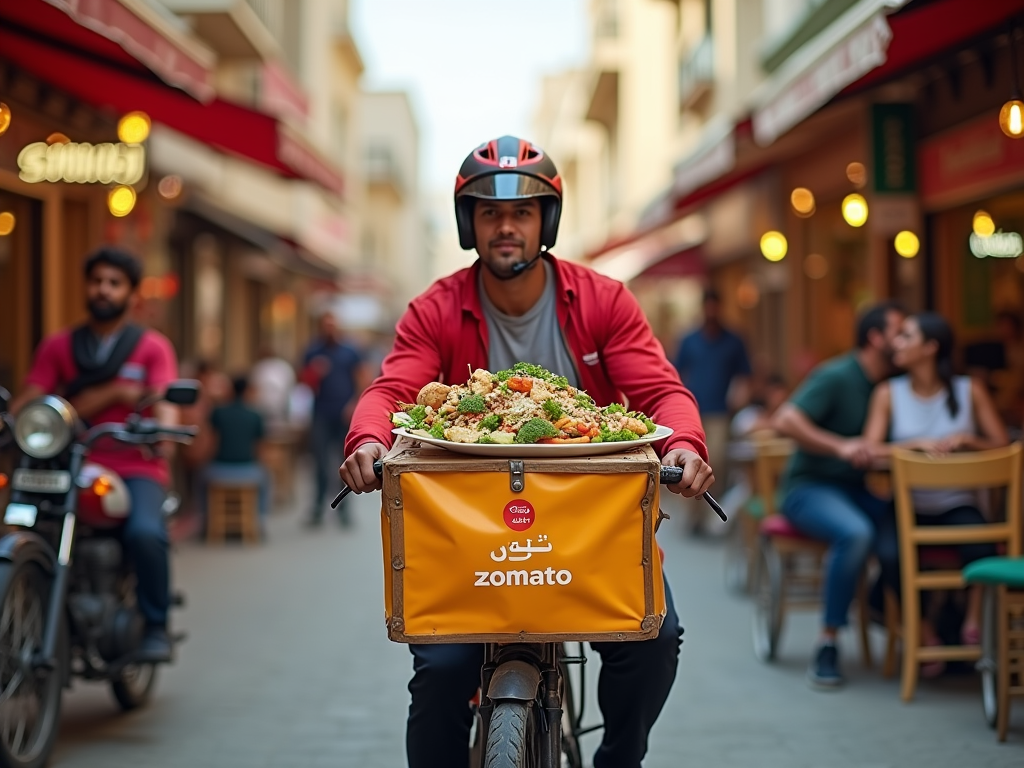The shared economy has seen remarkable growth in Dubai, transforming the way residents and visitors engage with services ranging from transportation to accommodation. This shift is primarily driven by technological innovations, regulatory support, and evolving consumer preferences. As a hub for business and tourism, Dubai has embraced platforms like Airbnb, Uber, and Careem, tapping into a growing global trend. These platforms not only enhance user experience but also promote sustainability by optimizing resource usage. In this article, we will explore the various factors contributing to the surge of shared economy platforms in Dubai, highlight key examples, and analyze their impact on local communities and the economy at large.
Understanding the Shared Economy

The shared economy, also known as the collaborative economy, refers to an economic model where individuals share access to goods and services, often facilitated through online platforms. This shift away from traditional ownership models is fueled by several factors, including the rise of the digital age and a growing emphasis on sustainability. In Dubai, this is particularly relevant as the city combines a diverse demographic with an appetite for innovation. Key characteristics of the shared economy include:
- Resource Sharing: Maximizing the utility of assets such as cars and homes.
- Peer-to-Peer Transactions: Individuals offering services directly to each other, bypassing conventional businesses.
- Technological Integration: Use of mobile applications and platforms to connect users efficiently.
- Sustainability Focus: Encouraging eco-friendly practices through reduced consumption.
- Flexibility and Convenience: Providing users with more options tailored to their needs.
Key Players in Dubai’s Shared Economy

Dubai’s shared economy is rich with various platforms that cater to different needs, enriching both local and tourist experiences. Notable examples include:
- Airbnb: Offering unique lodging experiences, it connects travelers with local hosts, enabling them to experience the culture intimately.
- Uber and Careem: Revolutionizing transportation in the city, these ride-hailing apps provide affordable and convenient travel options for residents and tourists alike.
- Talabat and Zomato: Changing the food delivery landscape, these platforms support local restaurants and allow customers quick access to a variety of cuisines.
- GetBoozed: A platform connecting users with local bartenders who deliver crafted beverages, enhancing social experiences.
The rapid growth of shared economy platforms in Dubai has had significant implications for the local economy. Here’s how:
- Job Creation: The rise of these platforms has fostered job opportunities in various sectors, from hospitality to logistics.
- Boosting Tourism: Offering unique and affordable experiences has made Dubai a more attractive destination for international travelers.
- Encouraging Entrepreneurship: Local residents are empowered to start small businesses through platforms, fostering a culture of innovation.
- Increased Competition: Traditional businesses are encouraged to adapt and innovate due to the competitive landscape.
Regulatory Landscape and Support
The growth of Dubai’s shared economy is also supported by a proactive regulatory framework. The government has recognized the potential benefits of these platforms and has implemented policies that promote their safe and sustainable operation. Key aspects include:
- Licensing and Regulation: Initiatives like the Dubai Tourism and Commerce Marketing (DTCM) licensing for Airbnb hosts ensure compliance and quality.
- Tax Incentives: Providing tax breaks to startups that operate within the shared economy encourages more businesses to enter this market.
- Collaboration with Private Sector: Government partnerships with platform operators allow for better integration and user experience.
- Awareness Campaigns: Educating the public on the benefits and safe practices involved in utilizing shared economy platforms.
Conclusion
The growth of shared economy platforms in Dubai embodies the city’s spirit of innovation and adaptability. By leveraging technology and fostering sustainable practices, Dubai has positioned itself as a leading hub for the shared economy, with benefits felt across various aspects of life. The integration of these platforms not only enhances user experiences but also contributes positively to the local economy, creating jobs and encouraging entrepreneurship. Furthermore, supportive regulations ensure a balanced approach between growth and safety. As the shared economy continues to evolve, Dubai is set to remain at the forefront of this global trend, illustrating the profound impact such models can have on urban life.
Frequently Asked Questions
- What is a shared economy platform?
The shared economy platform is a model where services or goods are shared among individuals, typically facilitated through an online platform or mobile app. - How has Dubai adapted to the shared economy?
Dubai has embraced the shared economy through supportive regulations, technological advancements, and by encouraging local entrepreneurship. - What are some leading shared economy platforms in Dubai?
Some leading platforms include Airbnb for lodging, Uber and Careem for transportation, and Talabat for food delivery. - What impact do shared economy platforms have on local jobs?
These platforms create new job opportunities in various sectors and empower individuals to start small businesses. - Are there regulations governing shared economy services in Dubai?
Yes, the Dubai government has implemented various regulations and licensing processes to ensure the safe and effective operation of shared economy services.
